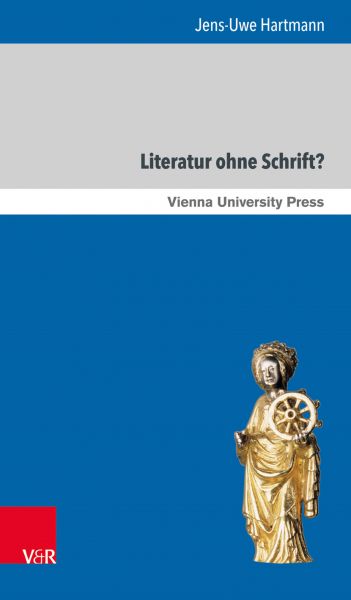Literatur ohne Schrift?
Der Sonderfall Indien und die Rolle des Buddhismus
In India, the literary tradition goes back to the second millennium BCE. Indigenous scripts, however, appear only in the third century BCE. Is it possible to preserve extensive and very complex texts through an exclusively oral transmission during such a long time? This question continues to prove highly controversial. However, the rather special relation between oral transmission and writing is a distinctive feature of ancient Indian civilization. Apparently the Buddhists can be counted among the first who undertook steps towards a change of media. This is suggested by Indian manuscripts that were unearthed about twenty years ago in Pakistan and Afghanistan. They are by far the oldest ever found, and they preserve Buddhist texts.
Prof. Dr. Jens-Uwe Hartmann lehrt Indologie und Tibetologie an der Universität München.
Schriftlichkeit bedeutet Textverlust – diese überraschende Sichtweise hat im alten Indien lange das Verhältnis zur Schrift geprägt.
Versandkostenfreie Lieferung! (eBook-Download)
Als Sofort-Download verfügbar
- Artikel-Nr.: SW9783847005353110164
- Artikelnummer SW9783847005353110164
-
Autor
Jens-Uwe Hartmann
- Verlag V&R Unipress
- Seitenzahl 51
- Veröffentlichung 09.12.2015
- Barrierefreiheit
- ISBN 9783847005353

